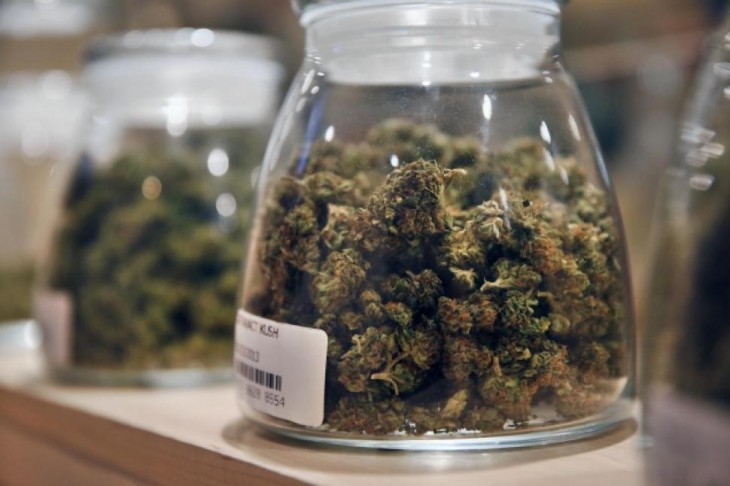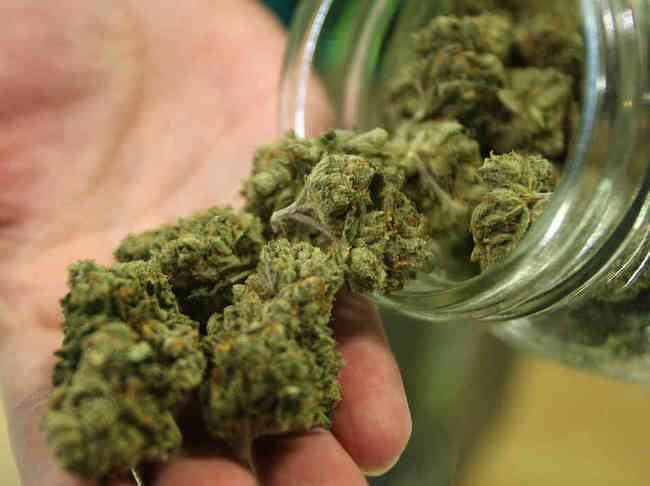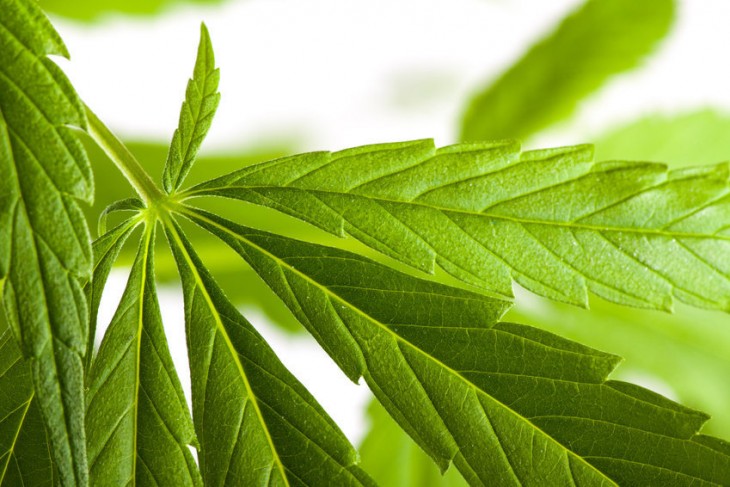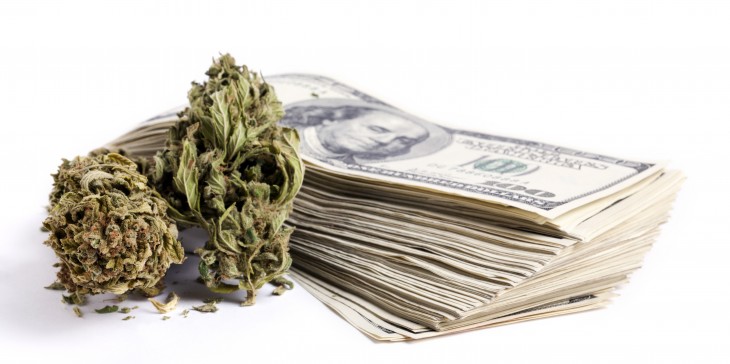Just How Are Taxes To Be Imposed Upon Marijuana Sales?
Something that has a booming business future like the recently legalized pot needs to have a regulated infrastructure of rules and regulations. Otherwise you would end up in the black market marijuana that has existed since god knows when, forever perhaps just like the universe around us. Contrary to what one would expect, the black market marijuana would cost less and that makes sense since no taxes are paid by the secretive growers and smugglers. Much of that international marijuana is simply collected from the hills and forests where it grows wild each season, a bonanza to the guys who did not spend a penny.
The Oregon sales tax proposal
Oregon is distinctively different without any sales tax. Nobody wants sales taxes there and even politicians are scared to mention it in the fear that their careers would end. Yet the legislators there wish to create a sales tax particularly for recreational marijuana. The voters agreed that taxes would be left to the state and not the municipality. They approved Measure 91 that implies a tax of $35 per ounce. In spite of that the Oregon politicians are now seeking a 17% state sales tax along with a 3% local sales tax. That seems to be quite stiff indeed. The legislators seem to have agreed upon that sweeping 20%! That is not final either and could see further changes.
Black market problems
Oregon is making it big with marijuana growing with the biggest crop compared to other agricultural products in the state. Legally sanctioned medical marijuana grown here would cater to the needs of patients in Oregon and Colorado, Arizona and Washington as well! The big problem of course is that the legal cannabis could quickly enter the black market in underhand dealings where a massive market awaits. Retail sales would help stay legal.
Taxes collected by state, cities and counties
Oregon has no plans to tax medical marijuana and that makes the issue even more complicated. According to Measure 91, the flowers pay a harvest tax of $35 an ounce, while it was $10 for the leaves and $5 for fledgling plants. Then come the local taxes. While Measure 91 indicates that only the state can tax, recreational marijuana, seventy cities wish to impose local taxes. Yet the voters in the city or county have to approve the tax amount. Measure 91 also proposes that local voters could prohibit recreational marijuana sales in a city or county. The argument never ends, but probably recreational marijuana would be available in small quantities at marijuana dispensaries by October.









